It was former Labor foreign minister Gareth Evans who coined the term ‘relevance deprivation syndrome’ after Labor lost the federal election in 1996. Up to now, former Labor prime minister Paul Keating coped with his irrelevance by lashing out in public mostly to attack Australia’s foreign and defence policy in general and its relations with China in particular.
Already a subscriber? Log in
Subscribe for just $2 a week
Try a month of The Spectator Australia absolutely free and without commitment. Not only that but – if you choose to continue – you’ll pay just $2 a week for your first year.
- Unlimited access to spectator.com.au and app
- The weekly edition on the Spectator Australia app
- Spectator podcasts and newsletters
- Full access to spectator.co.uk
Or
Unlock this article
You might disagree with half of it, but you’ll enjoy reading all of it. Try your first month for free, then just $2 a week for the remainder of your first year.

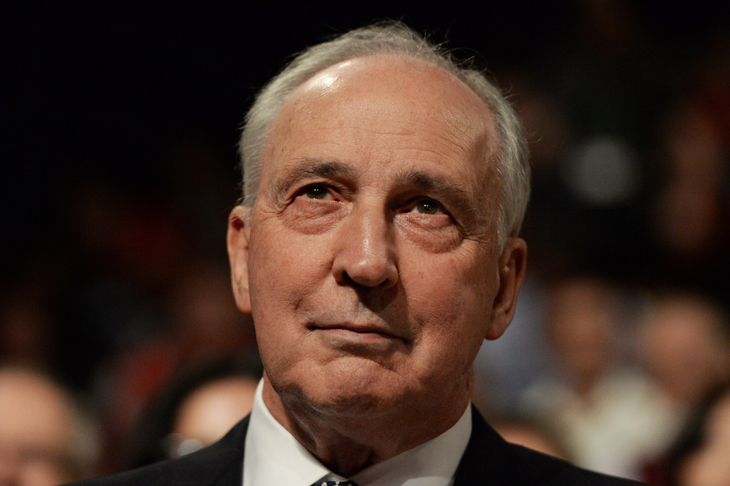
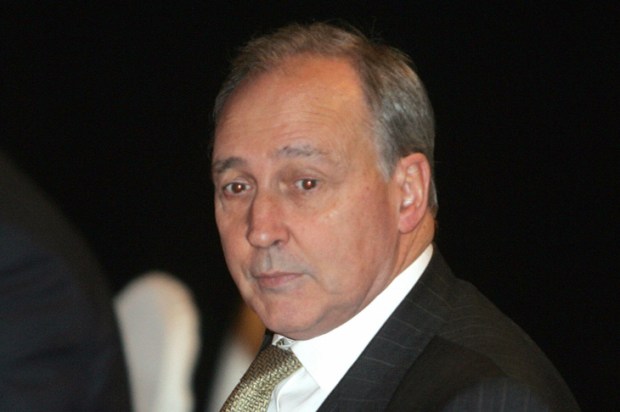

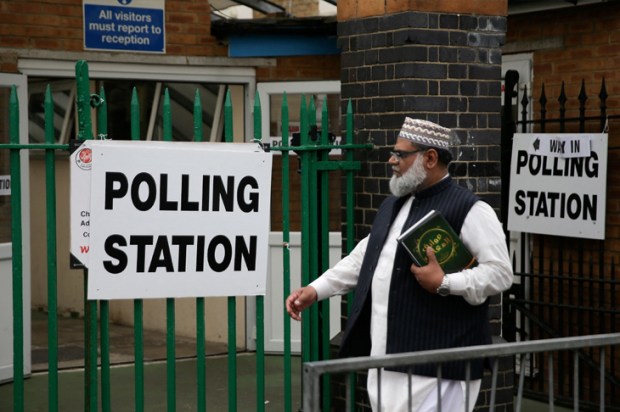

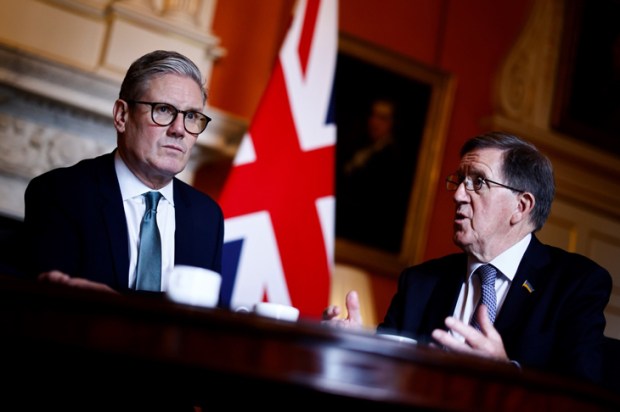
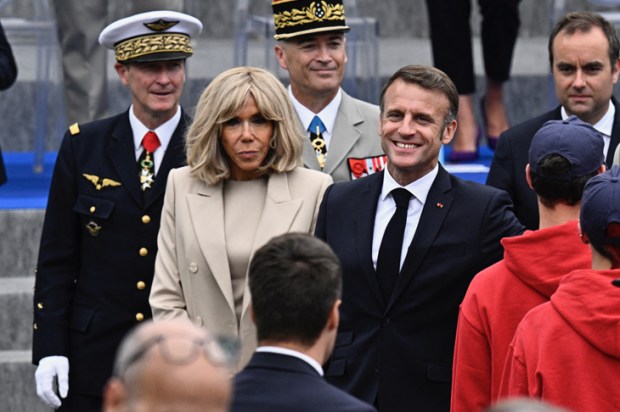






Comments
Don't miss out
Join the conversation with other Spectator Australia readers. Subscribe to leave a comment.
SUBSCRIBEAlready a subscriber? Log in